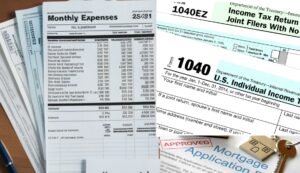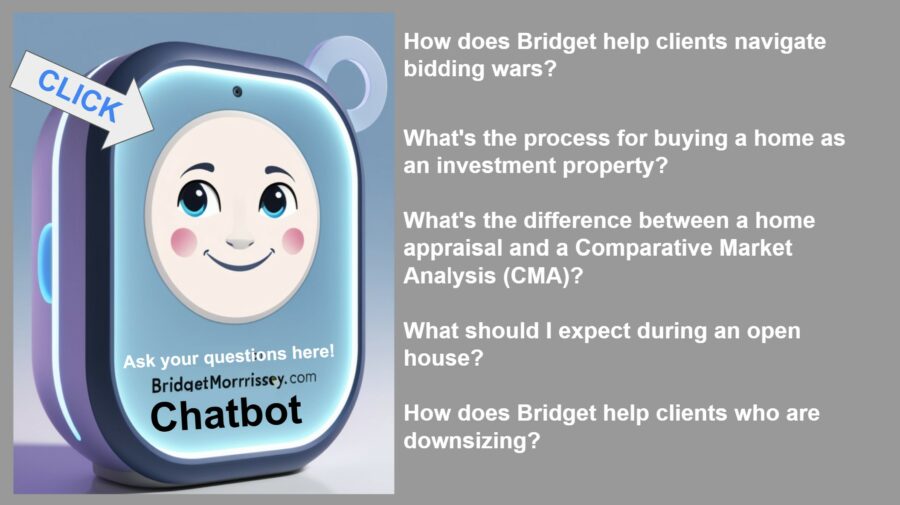
Understanding a Connecticut Real Estate Short Sale
What is a Short Sale?
If you’re struggling with your mortgage payments, you might have heard the term “short sale” but aren’t quite sure what it means. Let me break it down for you in simple terms. A Connecticut real estate short sale happens when you sell your home for less than what you owe on your mortgage, with your lender’s permission.
Think of it this way: Say you owe $300,000 on your mortgage, but your home will only sell for $250,000 in today’s market. In a short sale, your lender agrees to accept that $250,000 as payment in full, even though it’s “short” of what you actually owe.
This is different from a foreclosure, where the bank takes your property and sells it themselves. In a short sale, you stay in control of selling your home, working with your lender and a real estate agent like myself to find a buyer and negotiate the sale.
When to Consider a Short Sale

You might want to consider a short sale if you’re facing serious financial hardship that makes it impossible to keep up with your mortgage payments. This could be due to:
• Job loss or significant reduction in income
• Medical emergencies with overwhelming bills
• Divorce or separation that affects your household income
• Needed home repairs you can’t afford
• Relocation for work where you can’t afford two mortgages
A short sale can be a better option than foreclosure because it gives you more control over the process. It typically does less damage to your credit score than a foreclosure, and you might be able to buy another home sooner in the future.
The Short Sale Process: A Step-by-Step Guide
1. Assessing Your Situation
First, we need to determine if you qualify for a short sale. You’ll need to show your lender that you’re experiencing genuine financial hardship – not just that you want to get out of your mortgage. We’ll look at your monthly income, expenses, and overall financial picture to make sure a short sale is really your best option.
2. Gathering Required Documentation
This is where many homeowners get overwhelmed, but don’t worry – I’ll help you organize everything you need. You’ll have to provide:
 • A hardship letter explaining your situation (I’ll help you write this)
• A hardship letter explaining your situation (I’ll help you write this)
• Recent pay stubs and bank statements
• Your last two years of tax returns
• A list of your monthly expenses
• Recent mortgage statements
• Any correspondence from your lender
3. Working with Your Lender
Once we have your documentation in order, we’ll assist you in contacting your lender to start the short sale process. Every lender has their own requirements and procedures, but I’ve worked with most major banks and know what they’re looking for. We’ll submit what’s called a “short sale package” – all your financial information and a formal request to approve a short sale.
4. Listing and Marketing Your Home
![]() We’ll need to price your home correctly from the start. I’ll prepare a detailed market analysis to determine the right listing price – one that’s realistic for today’s market and likely to be accepted by your lender. Remember, the bank will need to approve the final sale price, so we need to justify our asking price with solid market data.
We’ll need to price your home correctly from the start. I’ll prepare a detailed market analysis to determine the right listing price – one that’s realistic for today’s market and likely to be accepted by your lender. Remember, the bank will need to approve the final sale price, so we need to justify our asking price with solid market data.
5. Managing Offers and Negotiations
When we receive offers, we’ll need to evaluate them carefully. The highest offer isn’t always the best – we need to consider the buyer’s ability to wait through the short sale process and their financing situation. I’ll help you understand each offer and negotiate with potential buyers to get the best possible terms. Again, the bank will need to approve the final sale price.
Protecting Your Interests
Throughout this process, you need to watch out for several potential pitfalls:
• Tax implications: Sometimes, forgiven mortgage debt can be considered taxable income. I’ll recommend talking with a tax professional about your specific situation.
• Deficiency judgments: Some lenders may try to collect the difference between what you owe and what the home sells for. We’ll work with you and your attorney to negotiate a waiver of deficiency as part of the short sale agreement.
• Credit impact: While a short sale will affect your credit score, it’s usually less severe than a foreclosure. Most people can qualify for a new mortgage within 2-4 years after a short sale, compared to 5-7 years after a foreclosure.
Why Choose Bridget Morrissey Realty for Your Short Sale
Short sales are complex transactions that require experience and dedication to complete successfully. As your realtor, I will:
 • Suggest communications with your lender
• Suggest communications with your lender
• Assist in the preparation of required documentation
• Market your property effectively to find qualified buyers
• Negotiate to protect your interests
• Keep you informed throughout the entire process
I’ve helped numerous Connecticut homeowners successfully complete short sales, and I understand both the emotional and financial challenges you’re facing. My goal is to help you move forward with your life while minimizing the long-term impact on your financial future.
Ready to Learn More?
If you’re struggling with your mortgage payments and considering a short sale, let’s talk about your options. Contact me today for a confidential consultation where we can discuss your specific situation and determine the best path forward for you and your family.
Call or text: (860) 857-5165
Email: bridgetamorrissey@gmail.com
Office: 27 Broadway Avenue, Mystic CT 06355
Frequently Asked Questions
What can I help you with today?
About the Author

Bridget Morrissey![]() is not just a Realtor but a multifaceted professional dedicated to her community. In addition to her real estate expertise, she’s the author of “Nautical Tales & Nature Trails, Recreation in southeastern Connecticut and southern Rhode Island,” available on Amazon. She also produces the Public Access TV Show of the same name, sharing her passion for local landscapes and communities. Whether you’re looking to sell your home or find your dream property, Bridget Morrissey’s comprehensive approach ensures you receive insightful guidance throughout your real estate journey.
is not just a Realtor but a multifaceted professional dedicated to her community. In addition to her real estate expertise, she’s the author of “Nautical Tales & Nature Trails, Recreation in southeastern Connecticut and southern Rhode Island,” available on Amazon. She also produces the Public Access TV Show of the same name, sharing her passion for local landscapes and communities. Whether you’re looking to sell your home or find your dream property, Bridget Morrissey’s comprehensive approach ensures you receive insightful guidance throughout your real estate journey.


